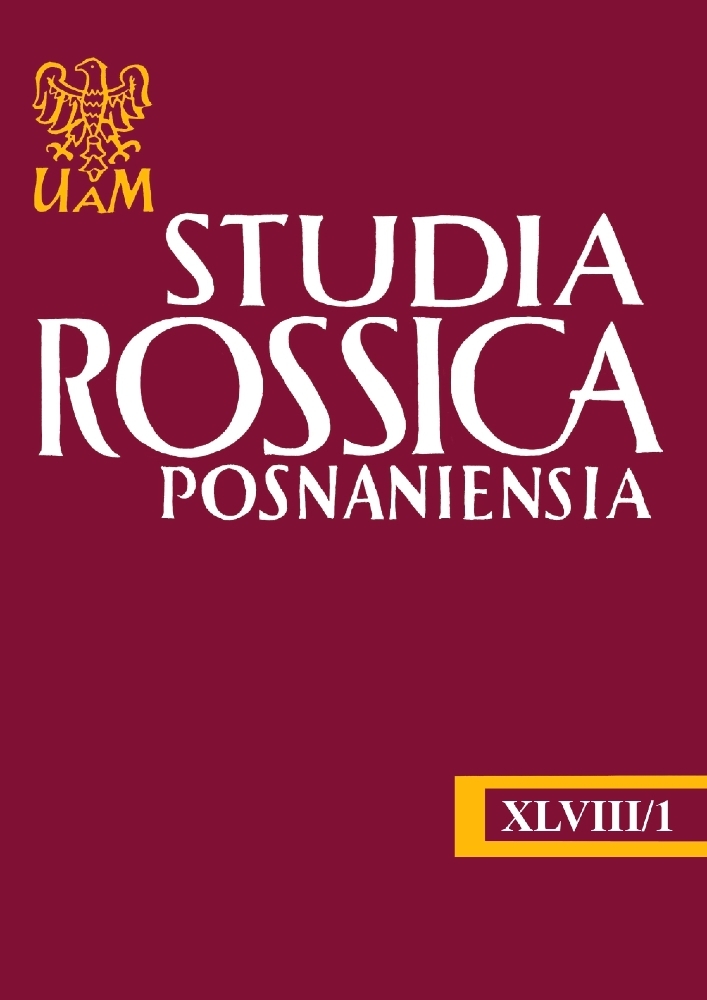Аннотация
The purpose of this article is to understand the reason for the popularity of books by the writer Victor Pelevin (b. 1962) in Lithuania. Pelevin’s internationally popular novel, Chapaev and Void (aka The clay machine-gun; Buddha’s little finger) (Russian, 1996; Lithuanian 1998, 2007; English, 2000) focusing on Buddhist issues, was published in Lithuanian twice; both editions were sold out. In this article, it will be compared with the novel Gone with the dreams (2000, 2007) by one of the most popular authors of contemporary Lithuanian literature, Jurga Ivanauskaitė (1961–2007). Both Pelevin and Ivanauskaitė are authors of the same generation who have experienced a similar atmosphere of the late Soviet period and reflected on the sensibilities of their generation in the contemporary world after the collapse of the Soviet Union; they both studied Tibetan Buddhism. The two novels chosen for comparative analysis are marked by the similarly emphasised Buddhist philosophical idea of void. The article reviews the development of the Oriental discourse in contemporary Lithuanian culture and literature before Jurga Ivanauskaitė started writing. The goal of this short analysis of novels by Ivanauskaitė and Pelevin is, first, to underscore the shared and relevant contents of this discourse. Secondly, it is to support the hypothesis that the Lithuanian orientalist discourse, next to other advantages of Pelevin’s work that are beyond the scope of this article, has become particularly relevant to Lithuanian readers precisely because of the most important Buddhist idea formulated especially attractively in the novel.
Библиографические ссылки
Baranova, Jūratė. Jurgos Ivanauskaitės fenomenas: tarp siurrealizmo ir egzistencializmo. Vilnius, Tyto alba, 2014.
Berhin, Igor. Progulki s Kotovskim ili iz menippei snov ne vykineš. Web. 23.02.2022. http://pelevin.nov.ru/stati/o-cotovsky/1.html /.
Daugirdaitė, Solveiga. “Knyga apie Jurgą Ivanauskaitę”. Qolloquia, 23, 2009, p. 181–188.
Daujotytė, Viktorija. Parašyta moterų. Vilnius, Alma littera, 2001.
Ivanauskaitė, Jurga. Sapnų nublokšti. Vilnius, Tyto alba, 2000.
Jekentaitė, Leonarda. “Ribos ir užribiai postmoderniame pasaulyje”. Athena. Filosofijos studijos, 1, 2006, p. 193–201.
Pelevin, Victor. Buddha’s little finger. Transl. by Andrew Bromfield. New York, Penguin Books, 2001.
Pelevin, Victor. The Clay machine-gun. Transl. by Andrew Bromfield. London, Faber & Faber, 2002.
Pelevin, Viktor. Čiapajevas ir Pustota. Transl. by Rimantas Vanagas. Vilnius, Tyto alba, 2007.
Stakun, Rebeca. Terror and transcendence in the void: Viktor Pelevin’s philosophy of emptiness. Web. 08.02.2022. https://kuscholarworks.ku.edu/bitstream/handle/1808/27006/Stakun_ku_0099D_15558_DATA_1.pdf?isAllowed=y&sequence=1/.
Tamošaitis, Regimantas. Orientas lietuvių literatūroje. Vilnius, Vilniaus universiteto leidykla, 2012.
Лицензия
Copyright (c) 2023 Audinga Peluritytė-Tikuišienė

Это произведение доступно по лицензии Creative Commons «Attribution-NonCommercial-ShareAlike» («Атрибуция — Некоммерческое использование — На тех же условиях») 4.0 Всемирная.

